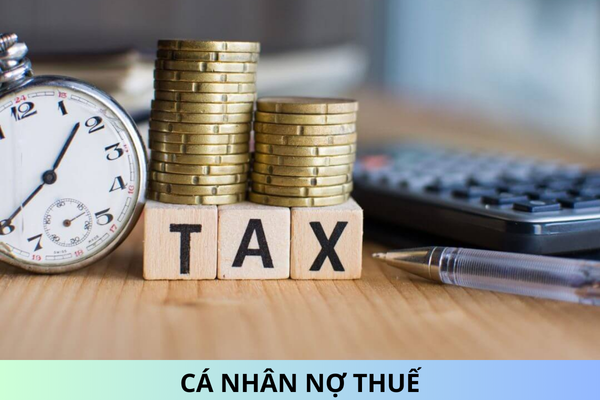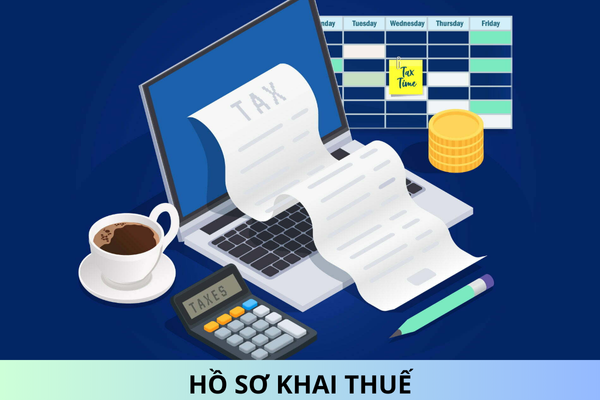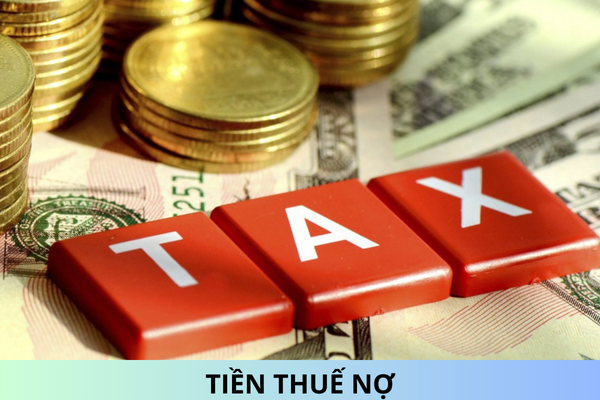Issuance of Circular 37 on the Vietnam Valuation Standards on the Appraisal of Intangible Assets
Has the Circular 37 on the Vietnam valuation standards on the appraisal of intangible assets been issued yet? What factors shall be considered when estimating the economic life of an intangible asset in Vietnam?
Issuance of Circular 37 on the Vietnam Valuation Standards on the Appraisal of Intangible Assets
On May 16, 2024, the Minister of Finance issued Circular 37/2024/TT-BTC, which sets forth the Vietnam Valuation Standards on the Appraisal of Intangible Assets.
Circular 37/2024/TT-BTC takes effect from July 1, 2024, replacing Circular 06/2014/TT-BTC.
According to Article 4 of the Vietnam Valuation Standards on the Appraisal of Intangible Assets issued with Circular 37/2024/TT-BTC, the following types of intangible assets are regulated:
[1] Intellectual property assets and intellectual property rights as provided by the laws on intellectual property.
[2] Rights that generate economic benefits for specific parties under civil contracts as stipulated by the law, such as commercial rights and mineral exploitation rights.
[3] Non-contractual relationships that bring economic benefits to parties, relationships with customers, suppliers, or other entities, for example, customer lists, databases.
[4] Other intangible assets that meet the following conditions:
- There is tangible evidence of the existence of the intangible asset.
- The intangible asset has the potential to generate income.
- The value of the intangible asset can be quantified in monetary terms.
Issuance of Circular 37 on the Vietnam Valuation Standards on the Appraisal of Intangible Assets - image from internet
What factors shall be considered when estimating the economic life of an intangible asset in Vietnam?
Based on Article 5 of the Vietnam Valuation Standards on the Appraisal of Intangible Assets issued with Circular 37/2024/TT-BTC, the estimation of the economic life of intangible assets is regulated as follows:
Estimating the economic life of intangible assets:
1. The economic life of intangible assets is influenced by legal, economic, technological, functional, and market factors, such as market size and prospects, the development of science and technology, the uniqueness and differentiation of intangible assets, and the competition among similar intangible assets. The economic life can be a finite or infinite period.
2. When estimating the economic life, the following factors should be considered:
a) The legal protection period for intangible assets, specifically intellectual property rights;
b) Provisions in civil contracts, as stipulated by the law, that are associated with the intangible assets being appraised;
c) Decisions of the court or relevant authorities regarding the intangible assets being appraised;
...
Therefore, estimating the economic life of intangible assets requires considering the following factors:
- The legal protection period for intangible assets, specifically intellectual property rights.
- Provisions in civil contracts, as stipulated by the law, that are associated with the intangible assets being appraised.
- Decisions of the court or relevant authorities regarding the intangible assets being appraised.
- Economic factors such as the market size and prospects of products or services associated with the intangible assets being appraised.
- The development of science and technology, the emergence of similar or more efficient intangible assets, leading to the obsolescence of the functional and economic aspects of the intangible assets being appraised; other relevant scientific and technical factors.
- Statistical and analytical results (if available) related to the intangible assets being appraised.
- Other factors relevant to estimating the economic life of the intangible assets being appraised.
What are regulations on the income approach used to determine the value of intangible assets in Vietnam?
Based on Clause 2 Article 14 of the Vietnam Valuation Standards on the Appraisal of Intangible Assets issued with Circular 37/2024/TT-BTC, the income approach to determine the value of intangible assets is carried out as follows:
Step 1: Identify the expected revenue streams generated from the use of the intangible assets being appraised.
Step 2: Determine the net income after deducting raw material and labor costs, depreciation (if applicable), selling and business management expenses, other costs, and corporate taxes (if applicable).
Step 3: Determine the contribution of the assets contributing to the income associated with the use of the intangible assets being appraised.
Step 4: Determine the net income generated specifically from the intangible assets being appraised by deducting the allocated capital usage expenses for other assets and adding the depreciation of the contributing assets, which are fixed assets, to obtain the net cash flow generated from the intangible assets being appraised.
Step 5: Determine the value of the intangible assets being appraised by using an appropriate discount rate to present value the net income generated specifically from the intangible assets being appraised.











